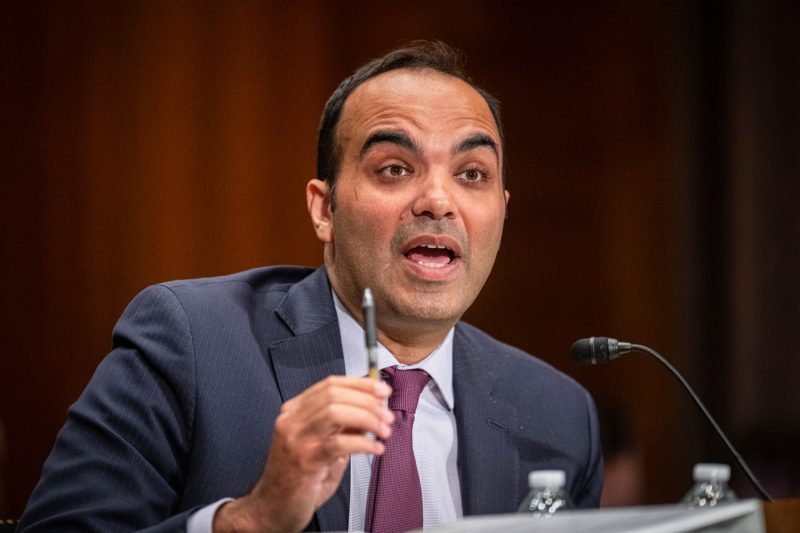The Consumer Financial Protection Bureau (CFPB), the U.S government’s financial watchdog, has recently announced an expansion of its supervisory reach in the Digital Payments sector. Highlighting the proliferation and significant growth of electronic funds and its relevance in the U.S economy, the agency emphasizes the need to ensure consumer protections are not preempted by innovation or regulatory ambiguity. The expanded oversight would have implications on a range of digital payments services, including Apple Pay and Cash App, among others.
Apple Pay, a digital wallet introduced by Apple Inc., allows users to make payments in person, in iOS apps, and on the web. Cash App, on the other hand, is a mobile payment service developed by Square Inc, that allows users to transfer money to one another using the mobile phone application. Both services, in addition to many others, will be under close scrutiny to ensure they adhere to the consumer protection principles and rules outlined by the CFPB.
The rationale behind the bureau’s decision to expand its oversight to these platforms is due to the surging growth and popularity of such digital platforms as primary methods of payment and money transfers. The CFPB’s recent report highlighted the fact that transactions through these platforms have soared in the past few years. In 2020 alone, payment transactions via nonbanks accounted for more than $170 billion. This change in monetary transactions’ patterns implicates the need for stricter oversight from the government’s side to guard against any malpractices that may harm consumers.
The CFPB’s oversight expansion will center on safeguarding consumer interests, protecting their funds, and ensuring transparent and fair operations. CFPB intends to ensure that these digital service providers adhere to the consumer protection principles and rules outlined by the bureau. This includes ensuring the providers protect consumers’ funds from loss due to fraud, error, or provider failures and protect sensitive data from breaches. These guidelines also call for transparent terms and conditions and acknowledging consumers’ rights to control their payment transactions.
For Apple Pay, any change brought by the newly extended oversight might involve its user agreements, security measures, and data handling practices. Apple Pay uses a method of tokenization to secure user information, and the company claims that it does not track transaction information that can be tied back to the user. However, with the heightened oversight, Apple Pay will be required to provide robust proof of its security measures and the adequacy of steps taken to protect consumer data.
Meanwhile, Cash App, notorious for customer service issues and scam complaints, will face additional scrutiny. The CFPB will likely focus on customer dispute resolutions, unauthorized transactions, and scams prevalent on the platform. Amid growing complaints regarding its customer service, the CFPB’s oversight can encourage Cash App to improve its consumer dispute resolution strategies.
While the expansion of CFPB’s oversight might impose increased regulation and scrutiny on digital payment services, it is a vital step toward ensuring the safety and protection of consumers in the rapidly evolving digital financial landscape. Striking a balance between innovation and regulation is a challenging but necessary task to ensure consumer confidence in digital financial platforms and apps remains high.




